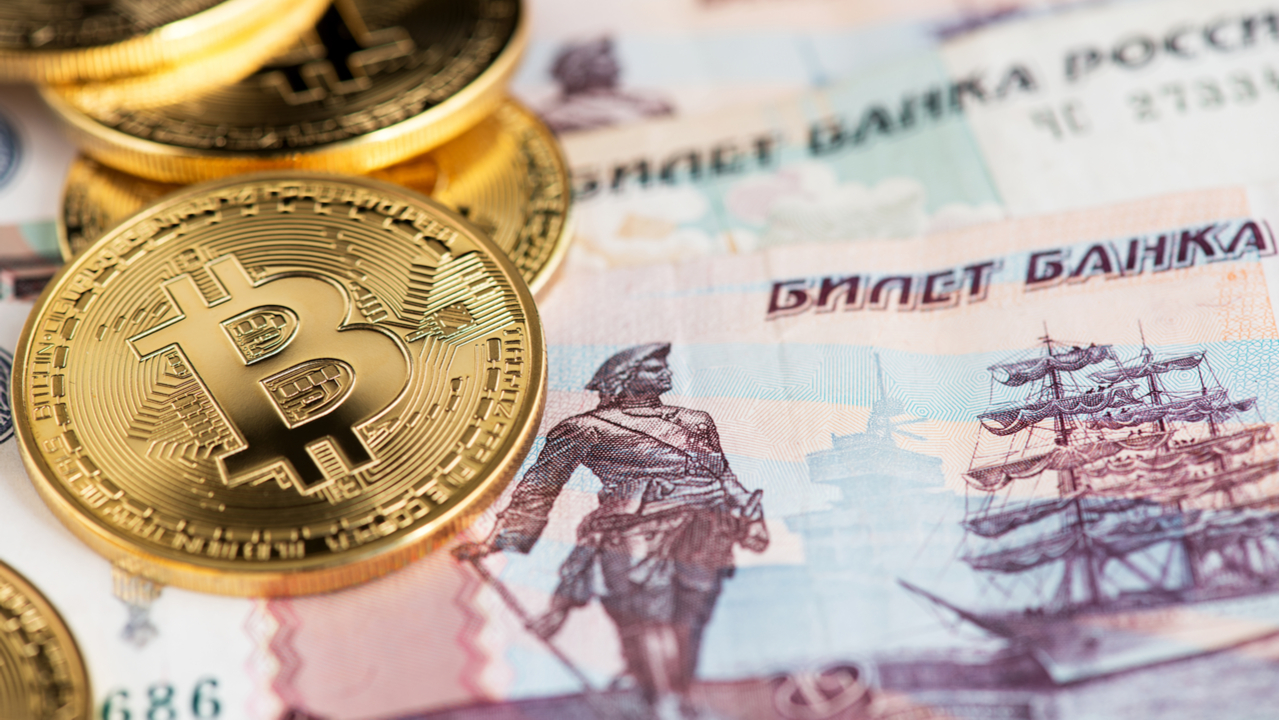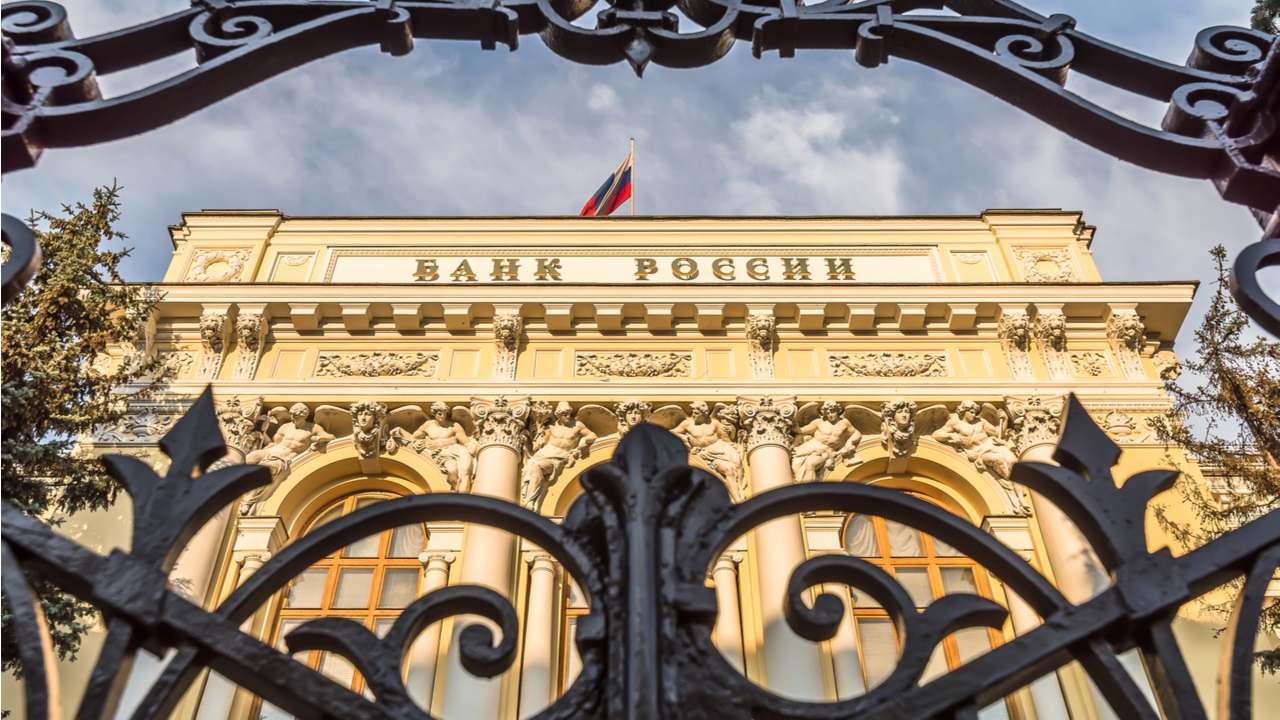
The Central Bank of Russia (CBR) plans to obtain information from commercial banks pertaining to some money transfers between private individuals, including clients trading cryptocurrency. The measure is likely to affect online crypto exchangers which the regulator accuses of conducting illegal operations.
Central Bank to Check Transactions Between Russians Exchanging Crypto
As part of efforts to clamp down on certain transactions it considers illegal, the Bank of Russia is going to seek additional data from financial institutions processing transfers between individuals. The move concerns a number of platforms using accounts registered in the name of dummy persons such as online bookmakers and websites providing crypto trading services, local media revealed.
The Russian business news portal RBC reported Monday that the regulator had sent banks a new reporting form for transactions. According to the initial report, the CBR intends to request information on money transfers between Russians, including the personal data of the senders and the recipients of the funds.

In a press release quoted by Prime, the monetary authority later clarified that the measure does not imply imposing total control over transactions of individuals but is “aimed at identifying risk areas associated with the use of payment cards and wallets issued to fictitious individuals by cryptocurrency exchangers, online casinos and unscrupulous participants in the financial market for settlements with Russian citizens.”
Bank of Russia further emphasized it wants to collect anonymized data from banking institutions providing payment services to individuals only when their platforms might be used for illegal operations. It also insisted it does not plan to introduce new reporting procedures for all transactions, and explained it meant specific cases where large amounts of money are transferred in multiple transactions within hours to the same recipient.
The CBR says such transactions are clearly not ordinary payments between private citizens and small businesses. The central bank added that when transactions meeting certain criteria are observed, it could ask for additional data from the banks’ registers but insisted it would not request information that could be used to identify individual customers.
Russian authorities are now discussing proposals to comprehensively regulate cryptocurrencies as many related activities, including trading and mining, remain outside the scope of the law “On Digital Financial Assets” which went into force in January. In talks held in a working group at the State Duma, Bank of Russia has reportedly maintained its long-standing position against allowing the free circulation of bitcoin and the like in the country, as well as their use in payments.
The monetary authority is also exploring options to prevent Russians from investing in crypto assets, including blocking card payments to certain recipients such as coin trading platforms. That’s despite estimates in its recently published Financial Stability Overview for the second and third quarter of 2021 suggesting that the annual volume of digital currency transactions made by Russian residents amounts to around $5 billion.
Do you think Russia’s central bank will collect only anonymized data for transactions between Russian crypto users? Share your thoughts on the subject in the comments section below.
from Bitcoin News https://ift.tt/3evBd3B
Comments
Post a Comment